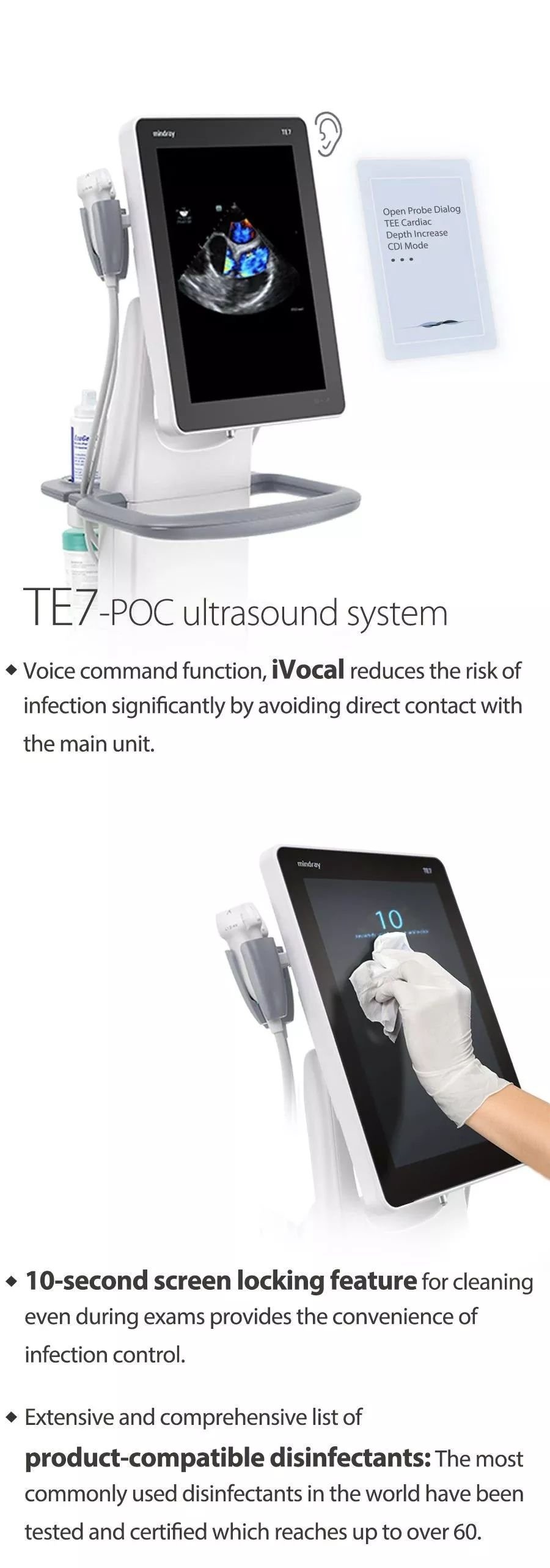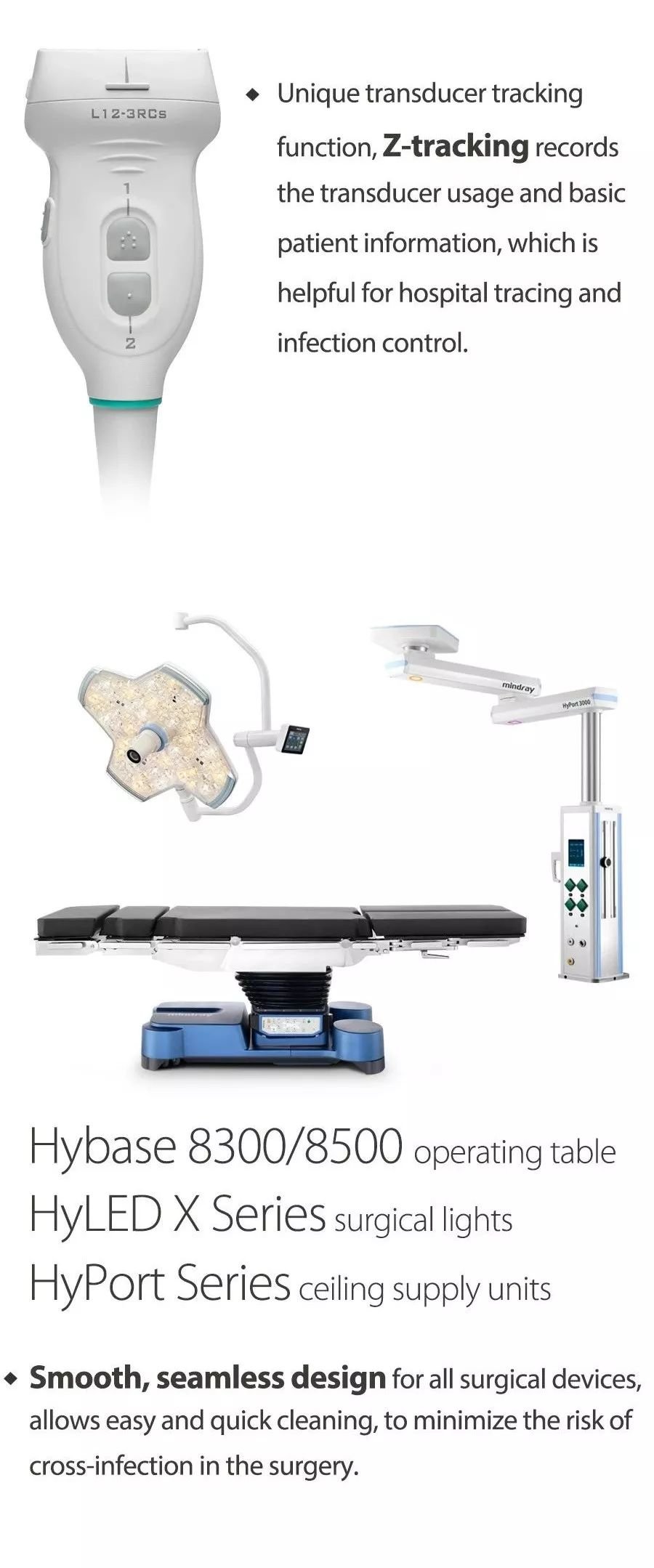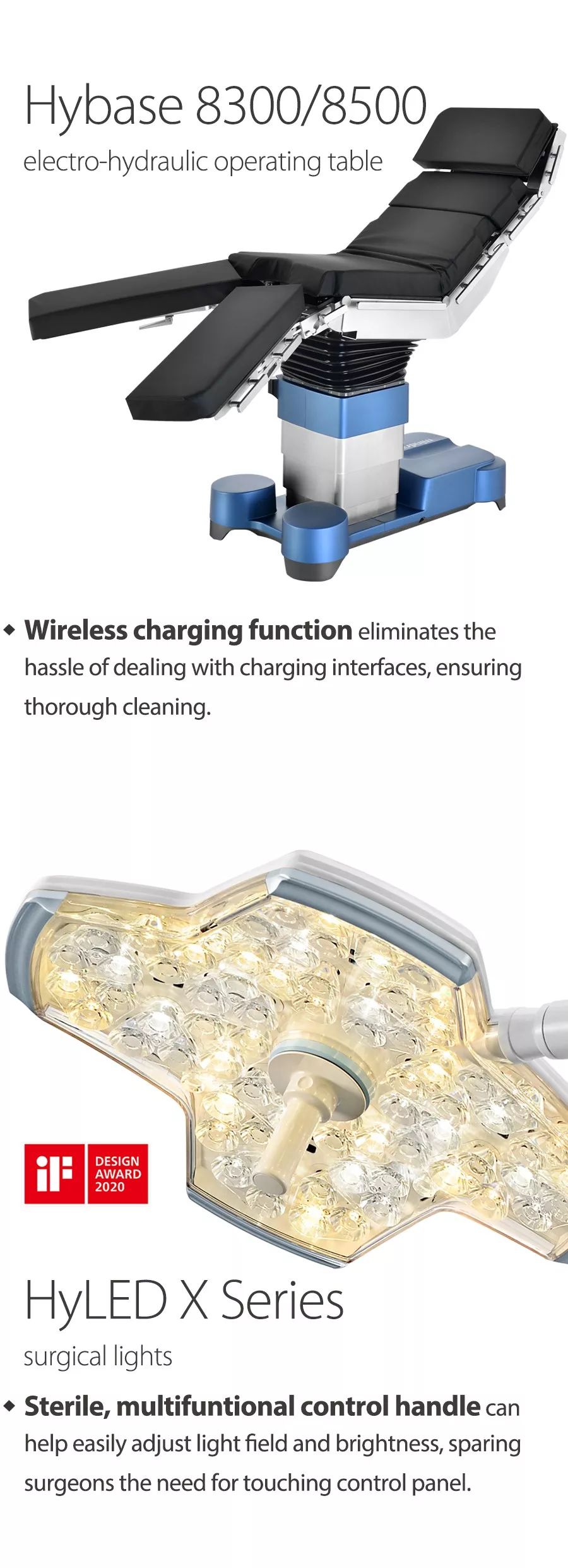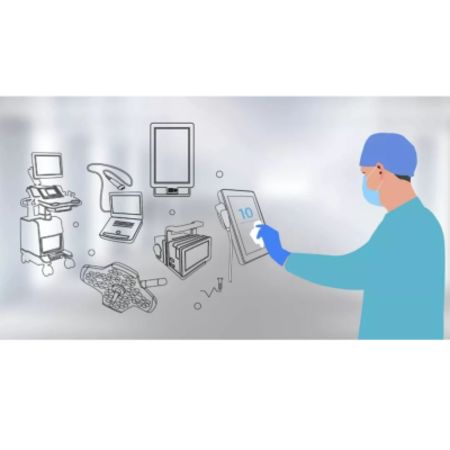Health care-associated infection (HAI) is one of the biggest clinical challenges that can cause life-threatening complications to patients, particularly those in the acute care or critical care settings. A survey conducted in 183 US hospitals with 11,282 patients reveals that 542 of them (4.8%) had one or more HAI [1]. And the annual costs for HAIs alone in the US can reach up to 28-45 billion USD [3].
Device-associated infections, such as central-catheter–associated bloodstream infection and ventilator-associated pneumonia, have traditionally been the focus of programs to prevent HAIs, as it was reported to account for 25.6% of HAIs [1]. Another study shows that 74% of all immediate-threat-to-life declarations were related to improperly sterilized or high-level disinfected equipment in 2016 [2].
Disinfection of medical equipment plays a critical part in achieving a high level of clinical safety, and could have evident influence over the outcomes of patient care. Caregivers have a strict procedure to follow while cleaning the devices they use every day, and these devices are required to be reliable, easy to clean, and of high disinfectant tolerance.
Mindray incorporates the streamlined, clean design and advanced technologies into all its devices to ensure that the disinfection solutions can meet all hospital standards for medical device cleaning, and protect both patients and caregivers from the risk of infection. Here let’s take a closer look at what can we do for better cleanliness.







The integration of the wide range of Mindray's equipment, including ventilators, patient monitors, ultrasound systems, anesthesia machines, surgical equipment and endoscopes, enables a greater synergy among the ICU and operating room in terms of device cleaning.
With the industry-leading functionality, excellent performance, and streamlined design, Mindray manages to help clinicians ensure an easy and reliable device disinfection process to minimize the chance of device-associated infections, creating a safe and clean environment for patients.
Latest Articles
HAI, survey, medical equipment, Mindray, Mindray critical care, Health care-associated infection, Device-associated infections, Disinfection of medical equipment, advanced technologies, medical device cleaning, patient monitors, ultrasound systems, anesthesia machines
Health care-associated infection (HAI) is one of the biggest clinical challenges that can cause life-threatening complications to patients, particularly those in the acute care or critical care settings.



























